Anyone interested in investing in solar panels can find a lot of information with a quick online search. Unfortunately, this type of information overload often makes it challenging to figure out if solar panels are a smart investment. While this is true, getting to know this energy source’s pros and cons can help anyone make an informed decision.
Let’s take a look at the pros and cons of solar power.
Pros of Solar Panels
Remember, if solar panels are purchased and relied on as the only source of power, it may be good to work with generator dealers to ensure power is available when enough solar energy is not available. While this may be necessary, solar panels still provide various benefits.
01. Solar Panels Can Reduce Energy Costs
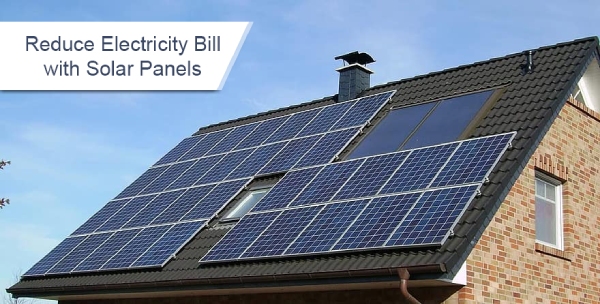
One of the most appealing benefits of installing solar panels is their ability to provide savings on a home or business owner’s electric bill. Some states require net metering to be offered. Net metering lets homeowners offset electrical costs with the energy produced by solar panels. The extra energy produced can be sold to the utility provider, which shows up as a credit on electric bills.
02. Solar Power System Reduces Concern of Increasing Power Prices
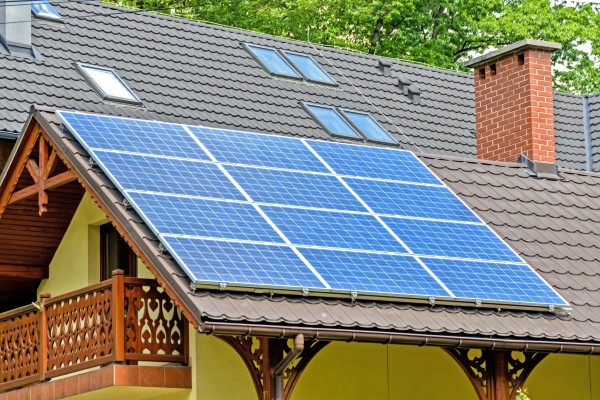
Most homeowners understand that electricity is getting more and more expensive. In fact, the cost of electricity has grown significantly in the past decade, with an average increase of around $0.20 per year. This cost will keep going up, which means electrical costs will grow, too. With the installation of solar panels, it is possible to be protected from these growing costs. That is because the home or business will be producing energy and can avoid having to purchase it from the utility company.
03. Solar Power is More Affordable Than Ever Before
While electricity costs are going up, the cost of solar panels is going down. Today, solar panels are more affordable than ever before. In the past decade, the cost of installing solar panels has fallen by around 70%. With lower prices, more people can take advantage of this alternative source of energy.
04. Solar Panel Can Save Electricity and Virtually Guaranteed ROI (Return on Investment)
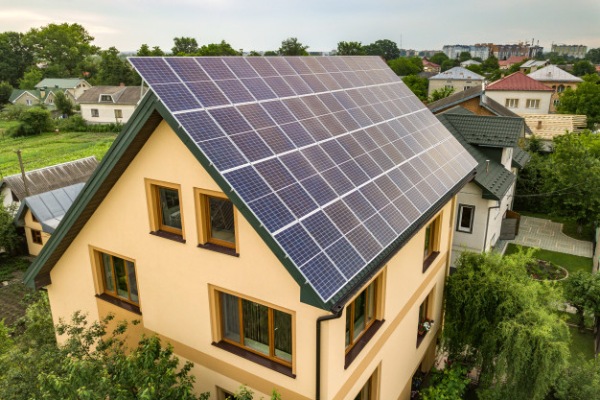
While solar panels will help eliminate or reduce electrical costs, they can also be used as a source of additional income. For example, net metering allows electricity to be sold back to the utility companies. Other incentives may be provided, too, such as the SRECs, or Solar Renewable energy Credits. With these, a solar panel owner may be able to save hundreds of dollars (or more) per year, depending on where in the country they live.
05. Solar Panels are an Eco-Friendly Option to Meet the Energy Needs
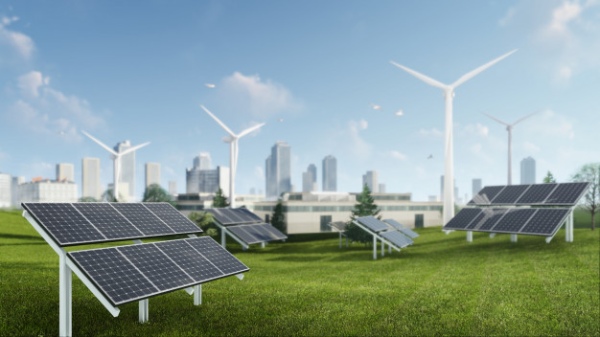
Another huge selling point for solar power is that it is a renewable source of energy. This means that, as the resource is used, it won’t be depleted. When the sunlight that hits the earth is captured and used for energy, the sun’s actual power and energy are never depleted. The exact opposite is true for fossil fuels and similar sources of power.
Cons of Solar Panels
While there are many benefits offered by installing solar panels, there are also several cons that people should be aware of. By knowing the full story, it is possible to make an informed decision. The cons of investing in solar panels are found here.
01. Higher Initial Costs of Solar Panel Installation
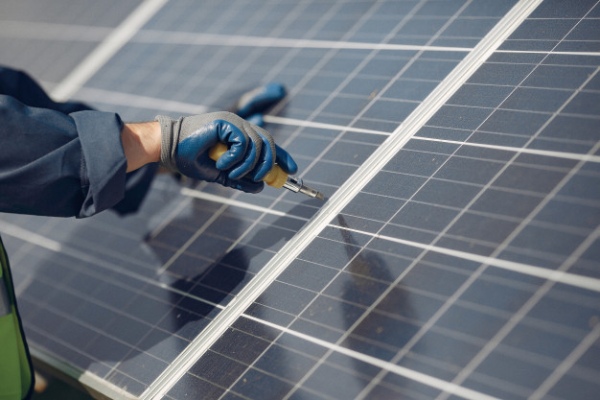
One of the main drawbacks of installing solar panels is the high upfront costs. Currently, the cost of solar in the United States is about $3.18 per watt. This means that a 6-kW solar system would cost over $19K before the federal tax credit is applied. The precise cost of solar systems varies from state to state and according to the incentives a person qualifies for.
02. Solar Power Is an Intermittent Source of Energy
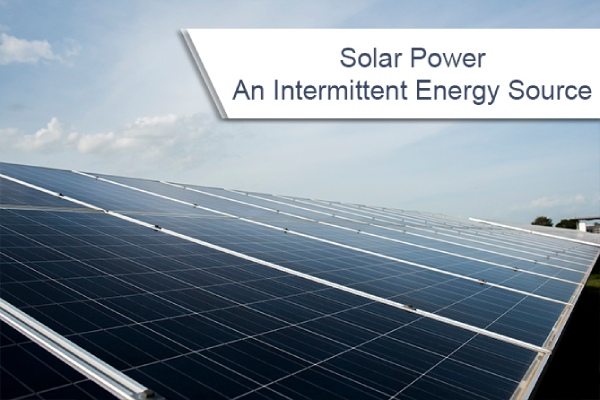
There are several reasons that solar is considered an intermittent source of power. One is because the sun is not out at night. Two is because the sun’s intensity varies throughout the day and depends on where a person is located and the time of year. The third is that things like foliage, snow, and cloud cover can significantly impact the total energy that a solar system produces.
03. Manufacturing Solar Panels Has an Impact on the Environment
Even though the power produced by solar panels is emission-free, this is not the case when it comes to manufacturing the solar panels. Today’s systems contain potentially harmful toxins and pollutants, including sulfur hexafluoride. While this is more toxic than carbon dioxide, the impact that CO2 has on the environment is still much greater. Also, compared to the impact of mining and using fossil fuels, the environmental impact of manufacturing solar panels is minimal.
04. Space Is Needed for Solar Panel Installation
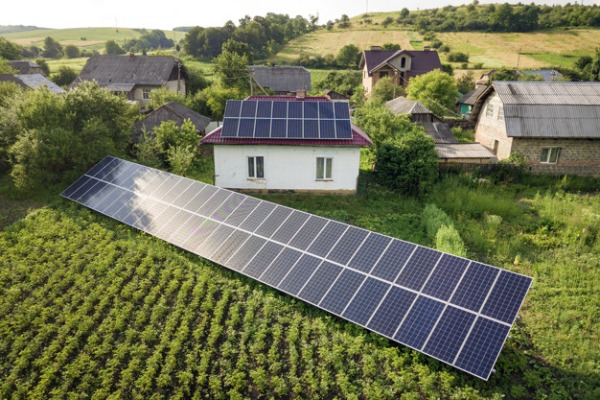
To meet energy needs, solar panels need space. For residential property, the roof usually has enough space. However, when looking at larger grid-scale installations, space is sometimes problematic. One reason for this is the lower power density of solar panels. The power density is the amount of power that can be generated from an energy source in a specific amount of space and is measured in watts per square meter. Compared to fossil fuels, the power density of modern solar panels is much lower.
05. Solar Power Doesn’t Travel
Moving solar panels is expensive and difficult. If someone has a solar system installed and then moves, taking the panels along will be extremely challenging. Also, the net metering agreement that is made with the utility company is fixed to the property where the panels are installed.
Investing in Solar Panels
Each person has to decide for themselves if solar panels are worth the investment. While they offer an array of appealing benefits, looking at the big picture, which includes the potential negatives, it is essential to make an informed decision. Take some time to consider all the pros and cons of solar power here and then speak with an industry professional. This will usually help someone make the decision that is right for their needs. Being informed, knowing what to expect, and taking time to consider all angles are ways that anyone can use to decide if solar panels are a smart investment for their home or business.
While this blog deals with costs and rules in US, if you want to about the same in India, Read Here –